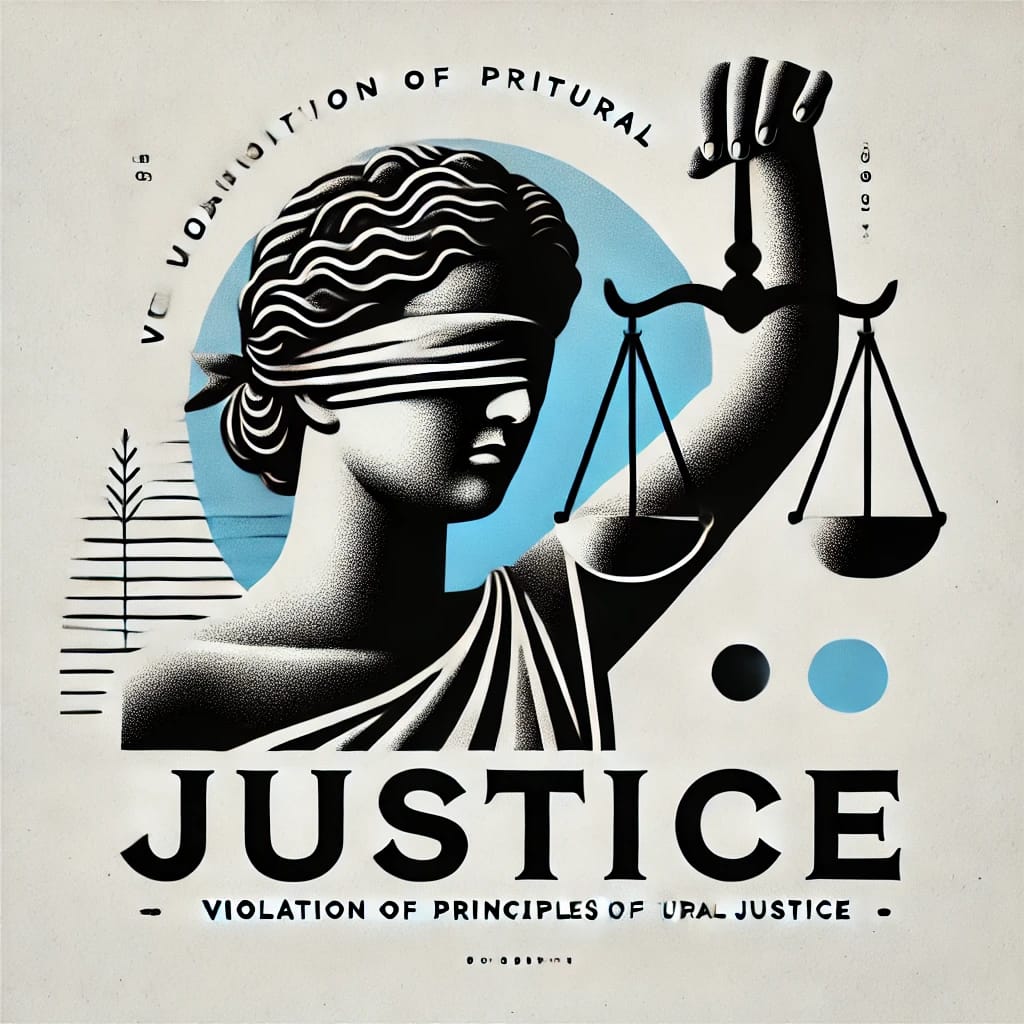
Passing Order Without Hearing Violates Principles of Natural Justice
By: Admin | Date: December 28, 2024
Categories: Important Pronouncements | Read Time: 4 Min
The Hon’ble Allahabad High Court, in Chandani Tent Traders v. State of U.P. [WRIT TAX NO. 1084/2024, dated July 23, 2024], declared that issuing an order without allowing a hearing violates the principles of natural justice.
Case Overview
Facts of the Case
Chandani Tent Traders faced the cancellation of their GST registration. The petitioner argued that no notice had been received prior to the cancellation, which was conducted ex parte. As a result, the petitioner challenged the action, asserting it breached the principles of natural justice.
Legal Issue
The central issue was whether authorities can pass an order without giving the affected party an opportunity for a hearing.
Court’s Ruling
The Allahabad High Court quashed the cancellation order. It relied on the precedent set in Chemsilk Commerce (P.) Ltd vs. State of U.P., where a similar ex parte cancellation of GST registration was deemed unlawful. The Court emphasized that taxpayers are not obligated to monitor the GST portal for notices when no physical communication is issued.
The Court highlighted the importance of proper notice and a fair hearing, ruling that the cancellation violated fundamental principles of natural justice.
Key Precedents
R.B. Traders v. Deputy Commercial Tax Officer (Madras High Court)
In this case, the Court ruled that passing an order without a hearing violated the principles of natural justice. It directed the authorities to allow the petitioner to present their case and ordered the defreezing of the petitioner’s bank account.
Chemsilk Commerce (P.) Ltd vs. State of U.P.
The Court held that cancelling GST registration without notice or a hearing was unlawful. Authorities must issue proper notices and provide taxpayers with an opportunity to present their case before taking such actions.
Key Takeaways
Principles of Natural Justice
The principles of natural justice safeguard individuals against arbitrary actions by authorities. These principles include:
- Adequate Notice: Taxpayers must receive clear information about any impending action against them.
- Opportunity for Hearing: Taxpayers should have a fair chance to explain their position before an order is passed.
Judicial Observations
Failure to adhere to these principles not only infringes on constitutional rights but also undermines trust in the legal process. Courts have consistently invalidated orders that violate due process, reaffirming the judiciary’s commitment to protecting taxpayer rights.
This judgment serves as a reminder for authorities to prioritize procedural fairness and uphold trust in the justice system.
